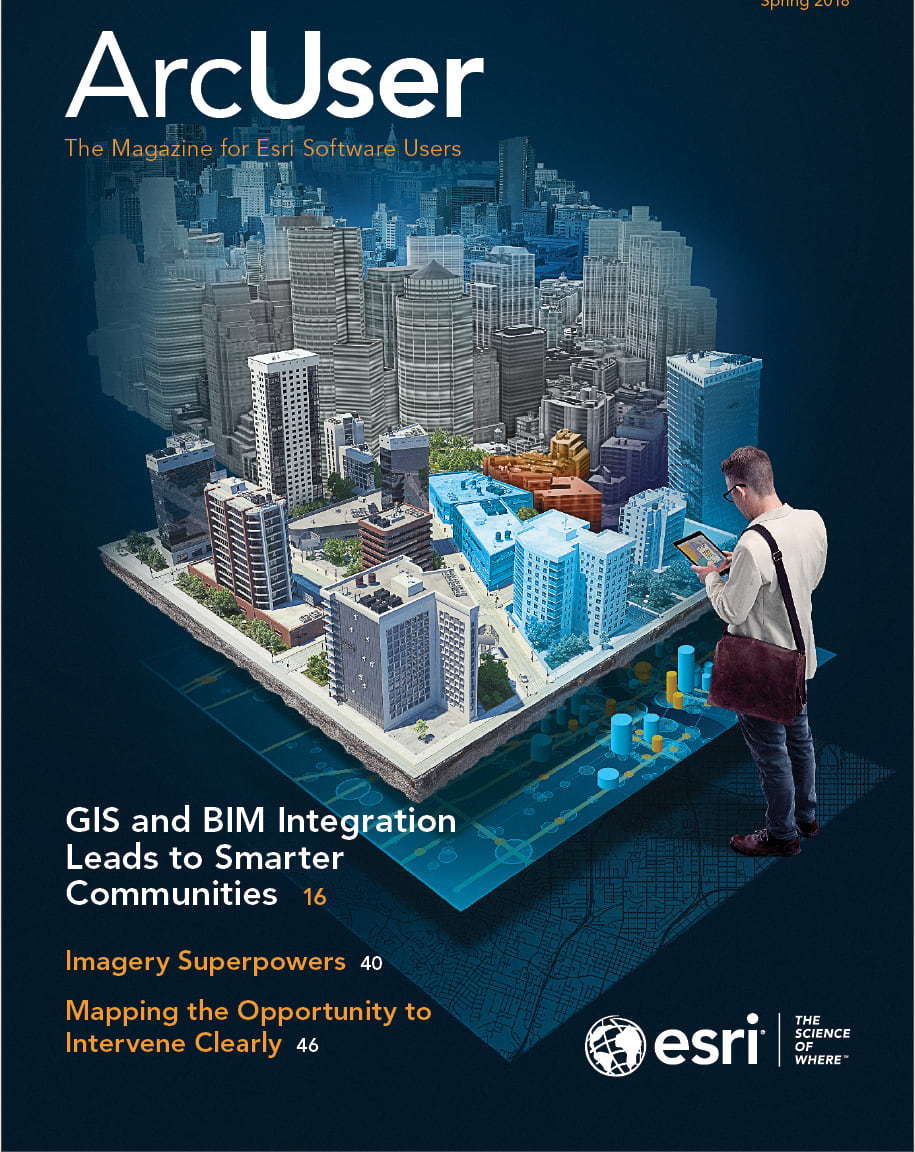The method parameter determines the interpolation method used to create the temporary tins in rubbersheeting.
Rubber sheeting arcgis 10 1.
Types of geometric transformations include rubber sheeting usually used for georeferencing projection using the projection information to transform the data from one projection to another translation shifting all the coordinates equally rotation rotating all the coordinates by some angle and changing the cell size of the dataset.
Two rubbersheeting options are supported.
Natural neighbor and linear.
See about spatial adjustment rubbersheeting for more details.
It is slightly faster and produces good results when you have many rubbersheet links spread uniformly over the data.
Discussion created by guenther80 on aug 13 2010.
For develope a rubber sheeting function i need ipiecewisetransformation question.
The z value of each node is used to interpolate the amount of x y adjustment applied to each feature coordinate.
Rubber sheeting in arcgis engine 10.
Hi i have this problem.
Like show 0 likes 0.
Arcmap must be installed or i must have only a license for the procduct to use this class because i.
Arcgis arctutor editing spatialadjustment about rubbersheeting.
Arcgis help 10 1 about spatial adjustment rubbersheeting about spatial adjustment rubbersheeting geometric distortions commonly occur in source maps.
Spatial adjustment rubbersheeting makes small geometric adjustments in your data usually to align features with more accurate information.
Before performing spatial adjustment rubbersheeting you need to choose an adjustment method.
Arcgis tutorial data for desktop data path.
Rubber sheeting spatial adjustment of a feature class in arcgis.
Linear this method creates a quick tin surface but does not really take into account the neighborhood.
Relaxing jazz soft city night jazz for evening dinner chill out music lounge music 2 267 watching live now.
For example if the change in x for a link is 10 map units the z value of the tin node at the from end of that link will be 10.

